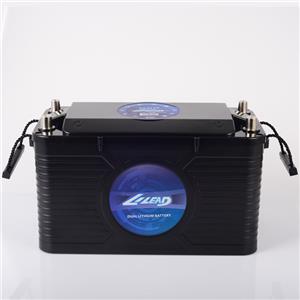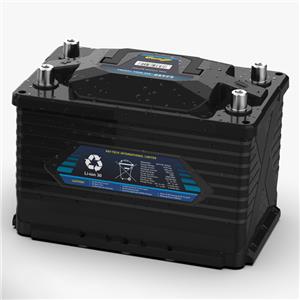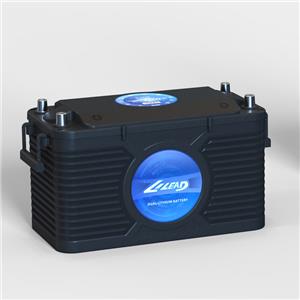Marine Lithium Batteries: A Sustainable Force for Protecting Fisheries Resources
The application of marine lithium batteries has become a sustainable force for protecting fisheries resources, providing fishing vessels with extended navigation time and a more environmentally friendly option. This technology's application not only contributes to the conservation of fisheries resources but also enhances the efficiency and sustainability of the fishing industry.
In the world of fisheries, the duration of navigation and capability are of paramount importance. The high energy density and outstanding endurance of lithium batteries allow fishing vessels to stay longer on the water, increasing fishing opportunities and reducing the excessive pressure on fisheries resources. This is crucial for sustainable fisheries, ensuring the availability of fisheries resources for future generations.
The application of lithium batteries also improves the efficiency of fishing vessels. Power support can be used for electric fishing gear, fish finders, and GPS systems, enhancing navigation and fishing efficiency. This makes fishing operations more productive while reducing the risk of waste.
Compared to traditional fuel-powered systems, lithium batteries are a clean energy source that produces no harmful emissions, contributing to the protection of aquatic environments. This is a positive contribution to marine ecosystems, helping maintain the health of fisheries resources.
In summary, the application of marine lithium batteries not only extends the navigation time of fishing vessels but also enhances the efficiency and sustainability of the fishing industry. This technology serves as a powerful tool for protecting fisheries resources and improving the environmental and economic aspects of the fishing industry.




